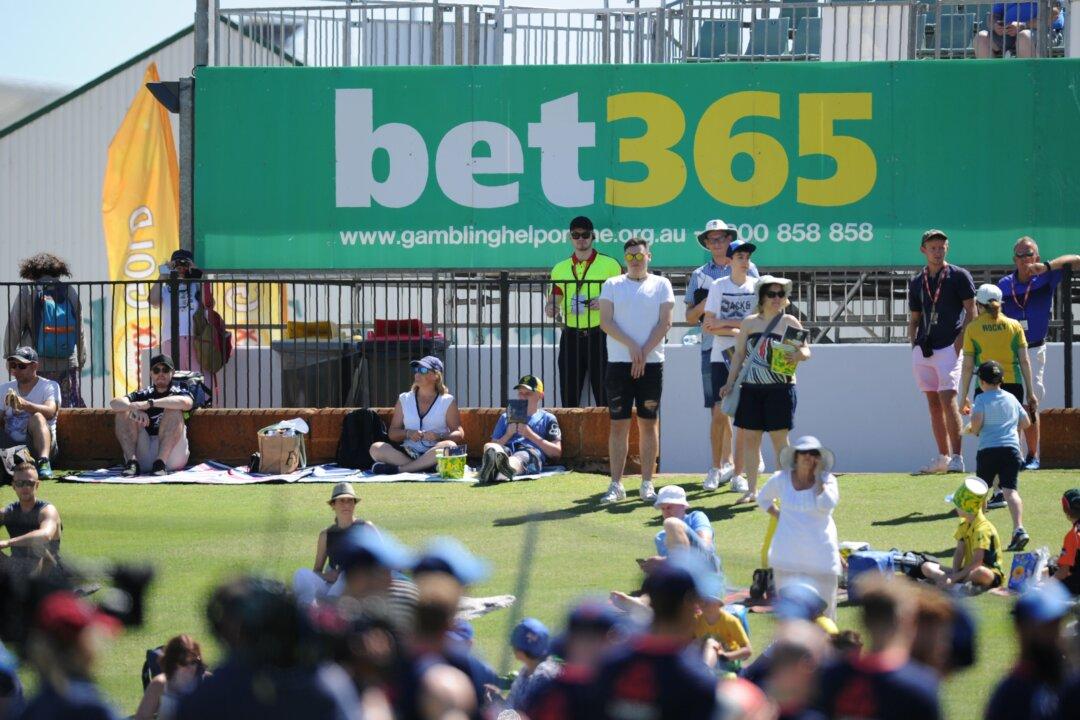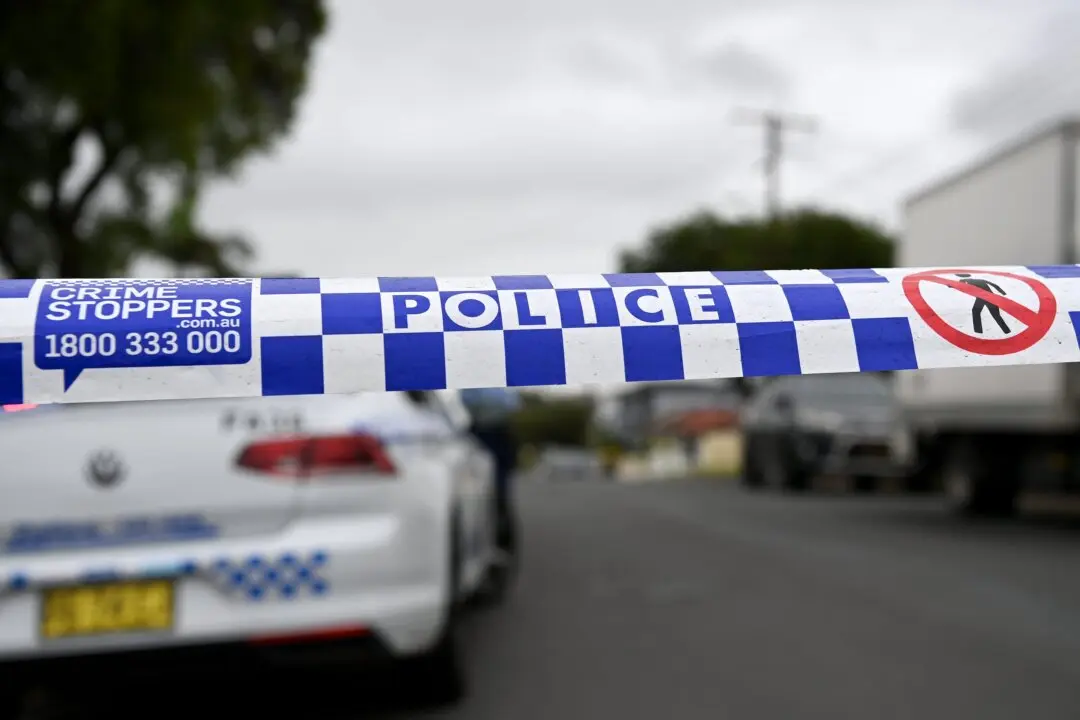People who are withdrawing their superannuation early during the COVID-19 crisis appear to be overwhelmingly spending it on discretionary things like gambling, clothes and furniture.
Labor says new analysis released on June 1 from illion and AlphaBeta, part of Accenture, shows the deal to let people withdraw their retirement savings early needs a rethink.





